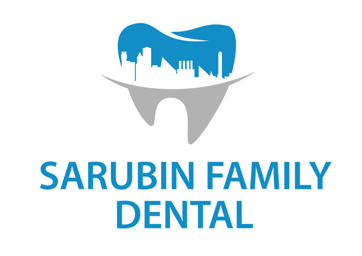As the weather warms up, you’re probably looking forward to spending time at the pool or the beach. Water activities might seem completely unrelated to oral health, but there are some surprising connections between the two. Be aware of these dental health risks while you’re enjoying the water.
Teeth Stains from Chlorine
If your swimming hole of choice is the pool, you might already know that the chlorine in pool water can dry out your skin and change the color of light-colored hair. Chlorine can also erode the enamel of your teeth, a condition known as “swimmer’s calculus.”
This refers to yellow or brown stains on teeth from being exposed to acidic chlorinated water. It’s most common among people who frequently swim in pools, such as athletes. You may also notice that your teeth feel more sensitive after frequent swimming.
Our teeth are highly vulnerable to damage from acidic substances, including chlorinated pool water. If you swim often and notice changes in your teeth, talk to your dentist about what you can do to prevent or treat these issues.
Dental Injuries at the Pool
Chlorine isn’t the only concern at the pool. We see a surprising number of patients with dental injuries related to swimming, such as falling on slippery surfaces around the pool.
To avoid these risks (and other injuries), make sure you’re following pool safety, such as not running, not diving into shallow water, and getting in and out of the pool carefully.
Fractured Teeth while Diving
Maybe you prefer the deep sea to the shallow waters of the pool. If so, there are a few other dental health issues to keep in mind.
Scuba divers are at risk of a condition called barodontalgia or “tooth squeeze.” Pressure can build up inside your tooth until it fractures, not unlike the pressure than builds up in your ears or sinuses in deep water. Teeth with untreated cavities or flawed dental work are especially vulnerable.
To protect yourself, we recommend scheduling a dental checkup at the start of diving season. Your dentist can tell you which teeth are most vulnerable and suggest a plan to treat them.
Choose the Right Mouthpiece
So, you’ve had your teeth checked out to understand your risk of tooth squeeze. Before you’re ready to dive, you should also consider how well your mouthpiece fits and how that affects your teeth.
An ill-fitting mouthpiece can cause dental problems, particularly if you have to clench your teeth to keep it from falling out. This can strain your jaws and even lead to temporomandibular joint disorder (TMD).
“One size fits all” mouthpieces aren’t comfortable for many divers, so we recommend getting a custom-fitted mouthpiece if you dive frequently.
Keep Your Teeth Healthy This Summer
Do you have any other questions about how water activities affect your oral health? We’re happy to help! Just give us a call to schedule an appointment. Enjoy your summer!
